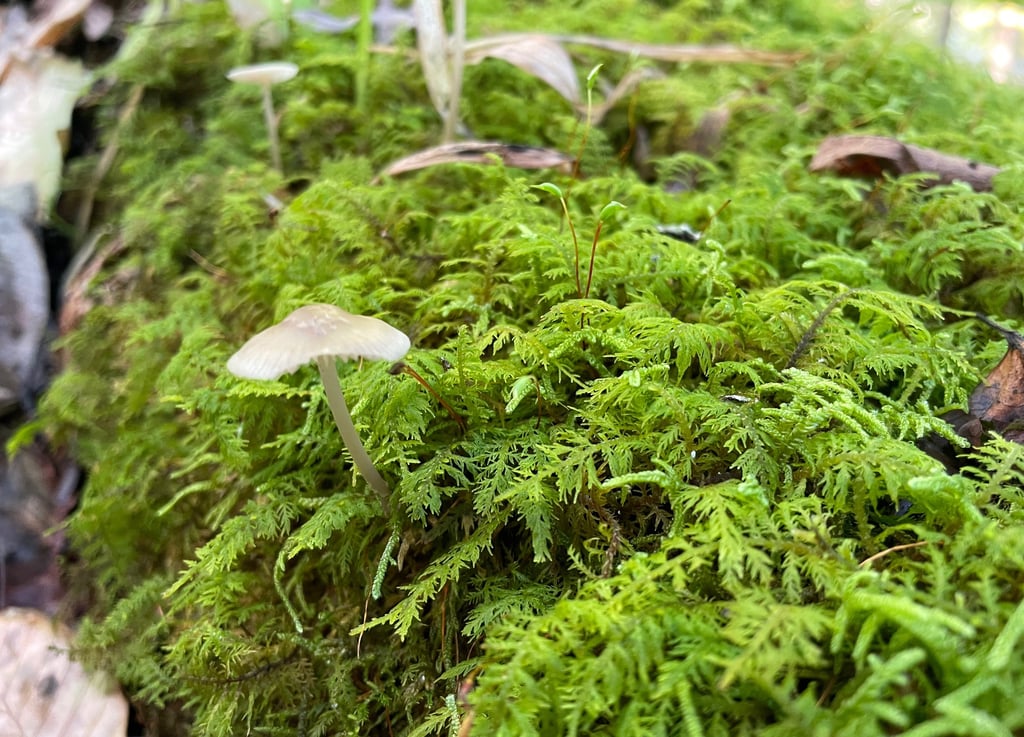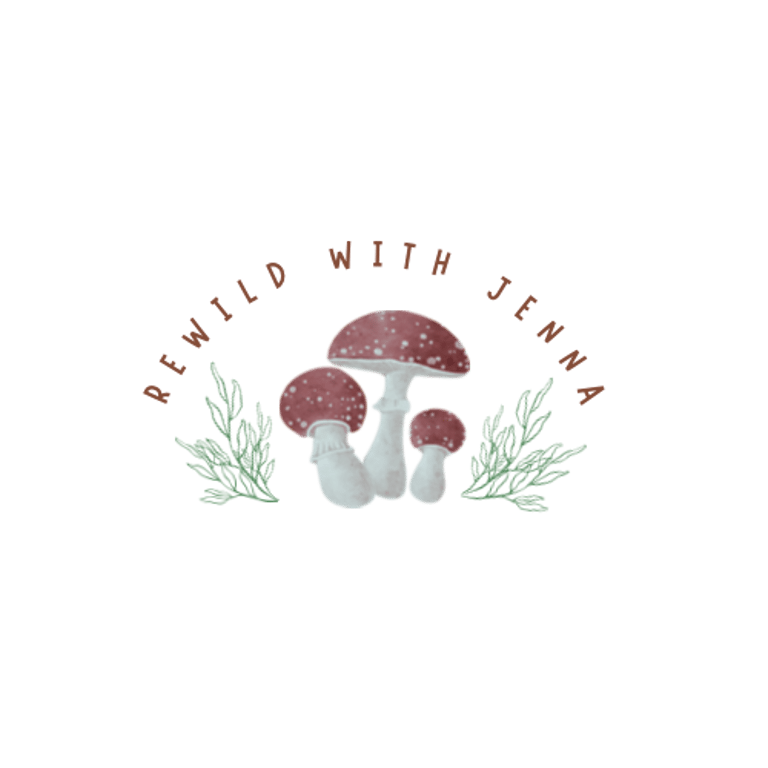Is happiness the goal?
As I was backpacking through the forest in Ohio I was tripped up by the difference between contentment and happiness, in the best of ways.
10/6/20245 min read


I used to believe that the purpose of this life is to find happiness. It is a narrative that we are often fed. If we do this, if we achieve that, if we play the game just right, we will be happy. But lately I’ve been questioning who or what is behind all of these if’s we so often hear. Who is deciding what happiness looks like and how we are meant to achieve it?
What if happiness is not the purpose of life? Perhaps the narrative needs to swing away from happiness and more towards contentment. For a long time, I thought they were one in the same. If I was happy, then I was content and vis versa. But I no longer see them as correlated. They are two entirely different entities that sometimes happen to exist together.
First, let us define happiness. According to a quick google search; happiness, in psychology, is a state of emotional well-being that a person experiences either in a narrow sense, when good things happen in a specific moment, or more broadly, as a positive evaluation of one's life and accomplishments overall—that is, subjective well-being.
Two things jump out at me from this definition. First, happiness is an emotion, meaning it is a temporary sensation we experience. And secondly, this emotion is often connected to something outside of ourselves. Happiness is derived from an external source. In essence, happiness is derived from something fleeting that happens outside of our being.
It is easy to feel happy when I have a positive experience in life. Happiness often feels pleasant in my body when it arrives. Because it is temporary, as all emotions are, I will crave it as soon as it leaves. In this sense, the result of happiness can actually be suffering. If it doesn’t last, even if I want it to, I will continue to seek it out, just like any pleasure in life. This seeking, external to ourselves, can become a constant loop very quickly and easily. The perpetual chasing of happiness, by any means, becomes the story of many of our lives.
If happiness is derived from an external event, then what is contentment and where does it come from? Contentment is a sense of satisfaction with life. It is a longer lasting sense of ease and peace that comes from within rather than without. In yoga, the word for contentment is santosha. In Sanskrit, san can be translated as to acquire or obtain. Tosha is translated as acceptance or contentment. Meaning santosha could be translated as, to obtain acceptance.
I love this idea; to accept life as it is. It sounds so simple, to accept whatever comes our way, but it is far from easy. To me, the idea of contentment feels radically different than happiness. Where happiness is derived from an external situation, contentment arrives from within. I have nearly zero control over what happens outside of my being but I do have a choice in what happens within. This means that happiness happens to me while contentment is cultivated within me. I do not always have the choice to be happy, but I do always have the choice to be content.
In a world that often tells us how to be happy, it almost feels as if it is a trap to keep us away from contentment. If we are always encouraged to seek more and more, how can we accept where we are? In ways, contentment is a radical act that brings our power back within our own control. When we often feel an utter lack of control, contentment may be a soothing balm for so much of our ache.
The beauty of contentment is it helps us to find equanimity in everything. As humans, we are designed to seek pleasure and avoid pain. This sets us up to chase happiness and avoid discomfort. Contentment teaches us to accept both as equal and necessary parts of life.
In finding contentment, we learn to sit with any and all experiences that come our way. It is easy to be content when we are happy. The work arrives when we feel discomfort and must cultivate contentment with it rather than run from it. I will always believe that some of life’s greatest lessons are derived from learning to tolerate discomfort. Finding ways to allow contentment flow into my life has stretched my window of tolerance for all facets of life.
As I was backpacking in southeastern Ohio this past week, I caught myself thinking, “I can’t wait til I get to camp.” But I only had six miles to hike and the entire day to do it. I began to wonder if every time I say, “I can’t wait”, I am robbing myself of contentment. In a way, I am telling myself that nothing good is happening now, but when I get to where I am going, I will be happy.
I questioned, why I was in a hurry to get somewhere when I was getting to hike through this beautiful forest? Yes, my pack was a bit heavy, I was alone and quite sweaty from the humidity, but I love being in the forest. No, I wasn’t constantly thrilled with my circumstances but could I accept them rather than try to wish them away?
When I slowed down and intentionally met the discomfort of the moment, I finally realized how different contentment and happiness truly are. I found that I could be content even in a moment where I wasn’t incredibly happy. The oddest thing happened when I put this all together. An ease washed over me. Without any change to my external environment, I felt peaceful and happy. They may not arrive together but perhaps contentment can be a precursor to happiness at times.
I didn’t realize that I was limiting my own experience until that moment. If I am not accepting a moment, I am likely resisting it. When we resist something that is out of our control, we are the only ones who suffer a consequence. Life is going to be full of moments of happiness and also moments of sadness, easy bits and hard bits if you will. If we only accept half of life as valid and resist the rest, we will be saying “I can’t wait til…” a lot.
I’ve decided that rather than saying “I can’t wait”, I will now say “I’m looking forward to.” It is a small change of language but alters my ability to be content. I can be content in a moment while still looking forward. If I “can’t wait” until something is over, I’m likely living in resistance rather than contentment.
The beauty of contentment is that it truly alters every aspect of your life. When I catch myself finding moments of contentment even in the hard bits of life, I find immense gratitude for this life. I am still actively working on meeting life with more acceptance, I know it will be a life long journey for me.
I can only begin to imagine a world where we are encouraged to be content over seeking happiness. Rather than always thinking “I can’t wait til”, we learn to accept life as it is and start to “look forward to” instead. The amount of resistance and tension in the world is already starting to melt with me just thinking about this! Hopefully you can feel the ease as well.
